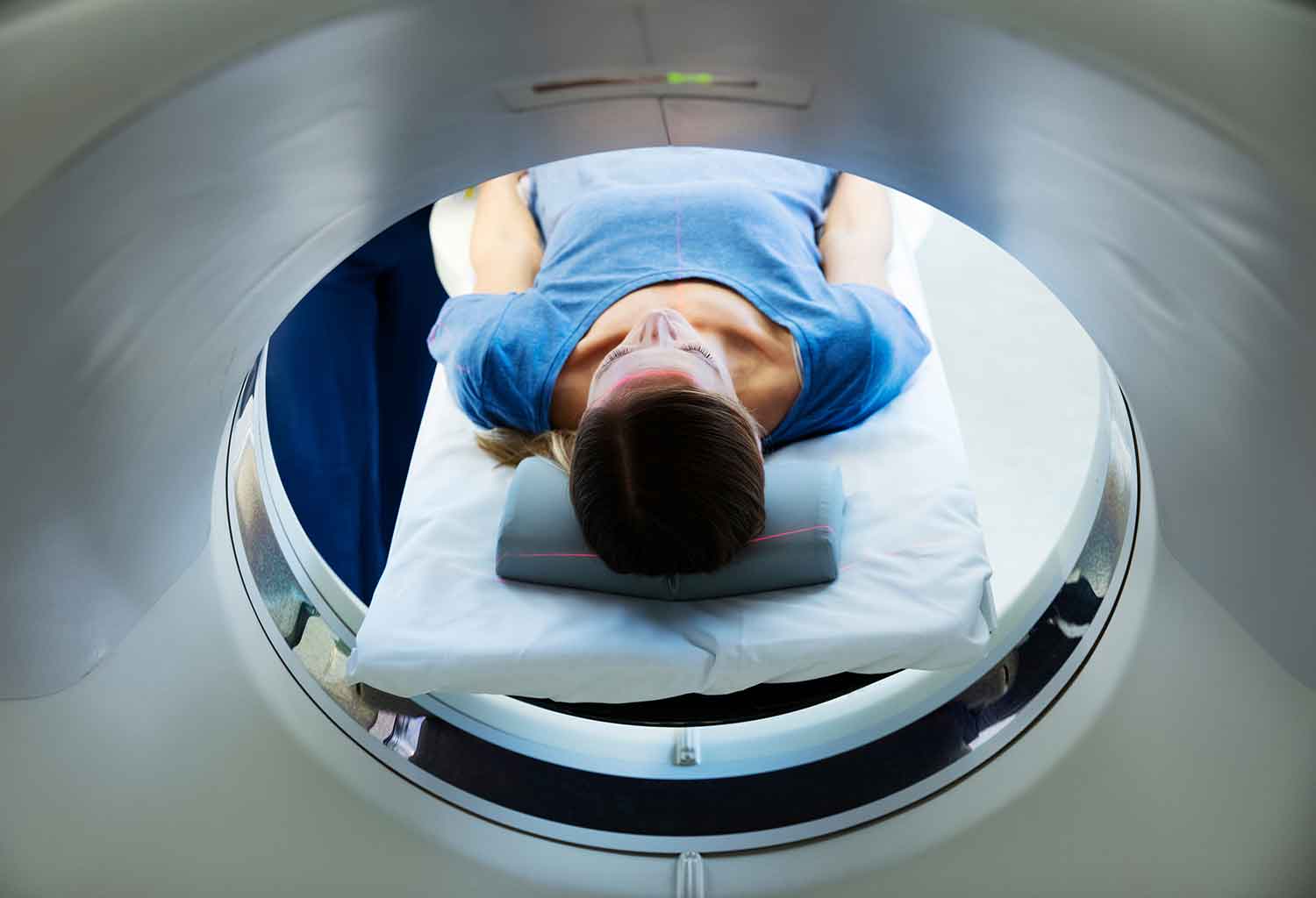The world is currently witnessing a surge in medical innovation, driven by ground-breaking new biological discoveries, a technological revolution and an unprecedented willingness to collaborate on research globally. This ‘Bio Revolution’ has been propelled by rapid increases in computing power, new capabilities in artificial intelligence (AI), automation and data analytics.
Perhaps its most promising features are the innovations of gene-editing tools and genomic sequencing that hold the possibility of treating and potentially curing hitherto intractable diseases. The development of promising Covid-19 vaccines less than a year after the global pandemic began is a telling illustration of the accelerating wave of innovation.
In January 2020, Chinese researchers published the first genome of coronavirus and the genetic map was made freely available around the world. Researchers and labs then began posting genome sequences of the virus that cause Covid-19 online. This sharing multiplied at unprecedented speed into a flood of data-science that was described as a “game changer” by Soumya Swaminathan, the World Health Organization’s chief scientist.
This rapid progress was an example of what has been called “scientific globalism”, a movement towards open science that has seen pre-print servers and dedicated online platforms used by researchers to share their findings. More broadly, the pandemic has spurred the growth of multilateral partnerships – collective alliances involving the pharmaceutical industry, governments, regulators, non-governmental organisations and academia.

Most particularly, perhaps, biotech companies engaged in leading-edge research have partnered with large pharmaceuticals with the reach and experience to manufacture vaccines at scale. Pharmaceutical giant Bayer, for example, will enter the vaccine arena for the first time in its 158-year history, leveraging its expertise and infrastructure as it partners with CureVac to produce the German biotech company’s mRNA vaccine.
Without doubt, the collaboration and agility seen during the pandemic will be key to mastering public health challenges in the future.
“We are experiencing an unprecedented quality and agility in multilateral collaboration across all sectors of healthcare throughout the pandemic. The learnings from this crisis and newly formed connections between stakeholders must enable us all to solve the many remaining public health challenges of our time through ground-breaking biotechnological innovation,” says Stefan Oelrich, member of Bayer’s Board of Management and President of the company’s Pharmaceuticals division.
In healthcare, we are inundated with questions like ‘Will we be able to cure cancer in the future?’ and ‘When will we be able to effectively fight neurodegenerative diseases such as Alzheimer’s or Parkinson’s?’ These are just some of the major challenges that medicine will have to face.
“Together with AskBio and BlueRock, Bayer now takes a leading position in the Bio Revolution. This will be paramount to create better solutions to the greatest unmet medical needs of today.
Stefan Oelrich, member of Bayer’s Board of Management and President of the company’s Pharmaceuticals division.
The potential is huge. Consulting firm McKinsey & Company recently estimated that 45 per cent of the world’s current disease burden could be addressed by the Bio Revolution, spurred by recent innovations such as CRISPR gene editing and stem cell advances to reprogramme cells.
Bayer, for its part, is among those who see a pivotal role for cell and gene therapies. For patients suffering from genetic disorders, treatment to date has been limited to alleviating the symptoms, but cell and gene therapies offer for the first time the possibility of addressing the root cause of disease, providing options for conditions considered intractable or where current care can only address symptoms.

Bayer has made a foray into the field by acquiring the biotech companies BlueRock Therapeutics and AskBio. Its development pipeline of cell and gene therapies is focused on multiple areas with high unmet need, such as neurodegenerative, neuromuscular and cardiovascular indications, with leading programmes in Parkinson’s disease, haemophilia A and congestive heart failure.
“Together with AskBio and BlueRock, Bayer Pharma now takes a leading position in the Bio Revolution. This will be paramount to create better solutions to the greatest unmet medical needs of today,” says Oelrich. Stem cell therapy, for example, offers promising new avenues, such as the restoration of motor function in patients suffering from Parkinson’s Disease or the regeneration of heart tissue damaged after myocardial infarction.
A faster transition from ideas to products and go-to-market should become the standard for medicine of the future. Challenges such as the current Covid-19 pandemic highlight the importance of the accelerated development of highly innovative drugs and therapies, not only for everyone directly affected by disease, but for society at large.
Back to top






